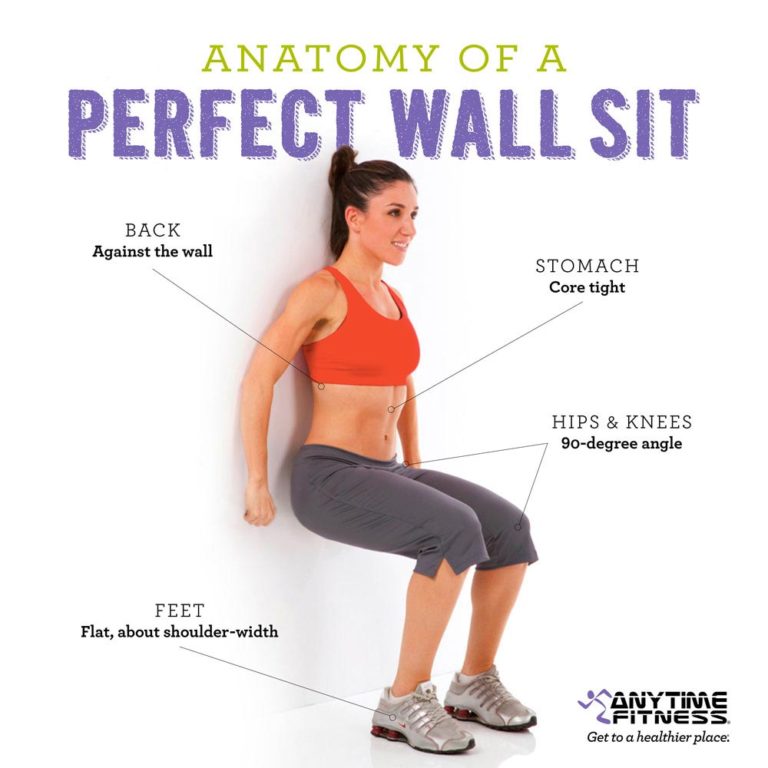Peter Attia Reveals His Greatest Mind and Body Tips for Each Decade of Life
Longevity expert Dr. Peter Attia gives his tips for handling the decade-by-decade mind and body changes that occur with aging.
Highlights:
- Tips for easing the mind throughout life include not being too self-critical, focusing on emotional health, and doing things you enjoy.
- Tips for maintaining the body throughout life include resistance exercise, cardiovascular exercise, and balancing exercises.
Peter Attia, M.D., is a practicing physician, author of Outlive: The Science and Art of Longevity, and host of the Drive podcast. In a recent Men’s Health article, he shared his mind and body tips for enhancing each decade of life.
Teens
Mind: Don’t be too self-critical. Record voice memos of yourself pretending to speak to a dear friend after doing something that triggers self-judgment. Treat yourself like a dear friend.
Body: Take advantage of your body’s peak performance capacity and build a reserve of muscle by prioritizing resistance training.
20s and 30s
Mind: Manage the stress of adulthood by exercising, sleeping well, spending time with friends, and engaging in other behaviors that promote emotional health. Know when to say no.
Body: Your capacity for endurance exercise plateaus during this time, so train for cardiovascular fitness by participating in events like marathons and triathlons.
40s
Mind: If something really bothers you, write it down and leave two blank spaces. Come back in 30 days to write what you learned. Come back in 6 months again and write about something good that came out of what you learned.
Body: Your muscles begin to shrink during this decade of life, so emphasizing strength training is critical. A reasonable goal is to carry one’s body weight for 1 minute using dumbbells, for example.
50s
Mind: In your 50’s, cognitive decline sets in. Engaging in exercise and spending time in nature (without electronics) can counteract this decline. Combining exercise with nature is even better.
Body: Your body’s capacity to train will decline in this decade as well. Hence, more time will be needed for warming up, cooling down, and recovery to avoid injury. Test your leg strength by doing a wall-sit test for 2 minutes.

60s
Mind: In this decade, it will become tougher to mind your own cognitive capacity. However, you can still increase your emotional capacity. One way to do this is by doing things you truly enjoy.
Body: Balance and strength will also continue to decline in this decade. Therefore, emphasizing single-leg exercises like lunges will help with this. Balancing drills, such as standing on one leg with eyes closed, can also help with maintaining balance with age.
70s
Mind: A wise man told Attia that your outlook on life reflects how long you will live. Always thinking about the past can make you old, while always thinking about the future makes you young. Stay young by looking forward to the future.
Body: In your 70s, you are more likely to fall. Be sure to continue exercising to maintain muscle mass so it will be easier to catch yourself or prevent falls altogether.
It’s Never Too Late
While training may become gradually more difficult with increasing age, your quality of life can still be improved at any age. Dr. Attia says that a significant loss in muscle mass and physical performance capacity by the age of 75 is not inevitable. He has written about a recent study showing that muscle atrophy is more a result of “use it or lose it” than chronological age.
It is important to exercise because losing strength as a result of muscle atrophy can significantly affect quality of life. Age-related muscle decline — sarcopenia — can hinder daily tasks of living like getting out of bed or a car, walking, and getting groceries. Furthermore, a lack of exercise, particularly cardiovascular endurance exercise, contributes to cognitive decline, which also hinders life quality.
When it comes to starting early in life, Attia points out that the “higher the starting point in terms of fitness, the better off you are.” Therefore, following the above tips across a lifetime could greatly increase the chances of living a longer and healthier life.

